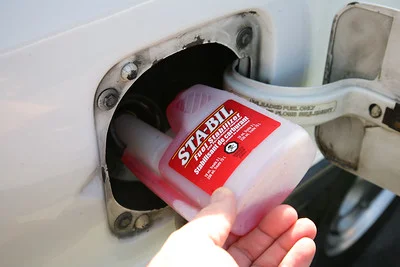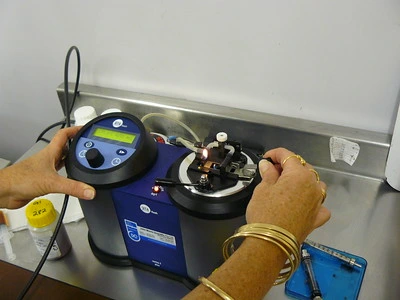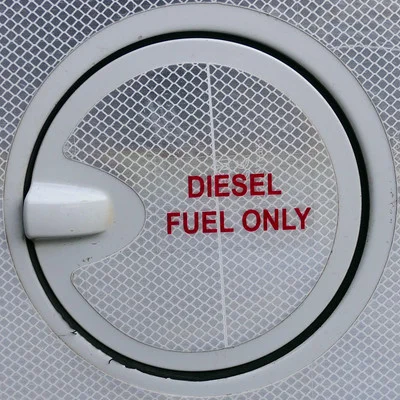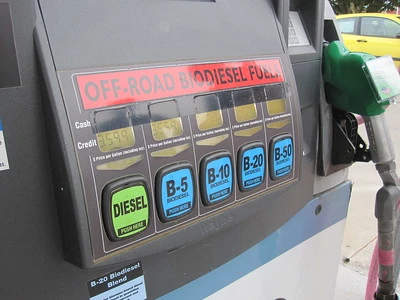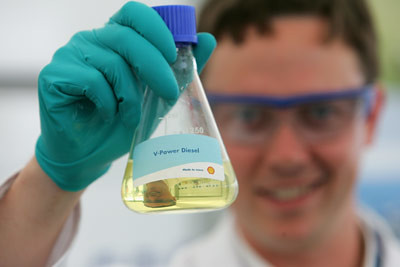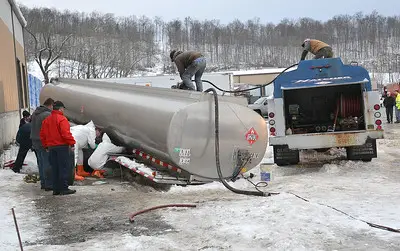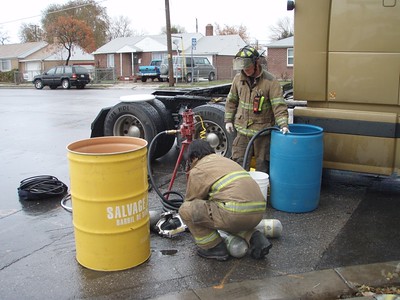What is the Best Additive for Storing Diesel Fuel? (What to Look For)
The best additive for storing diesel fuel is one that addresses common issues like microbial growth, water contamination, and degradation of fuel quality over time. Key attributes to look for include: The specific best choice can depend on the storage conditions, duration, and type of diesel fuel. Brands like Power Service, Stanadyne, and Biobor are […]
What is the Best Additive for Storing Diesel Fuel? (What to Look For) Read More »

